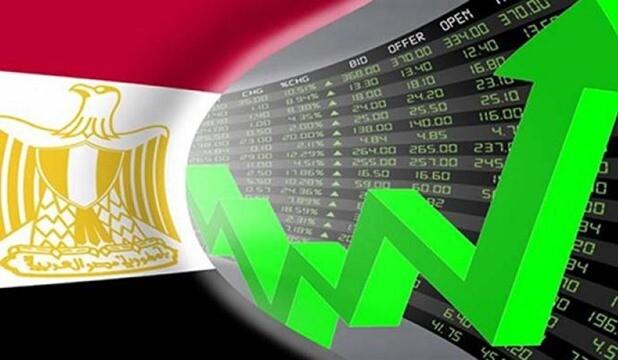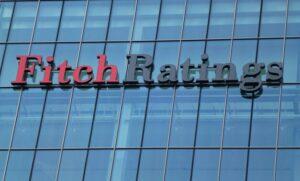In a significant development that has the global financial community buzzing, Fitch Ratings has elevated Egypt’s long-term foreign-currency Issuer Default Rating (IDR) from B- to B, maintaining a stable outlook. This upgrade is a testament to Egypt’s concerted efforts in bolstering its economic stability and growth prospects.
Fitch’s decision comes on the back of a remarkable increase in Egypt’s international reserves, which soared from $11.4 billion in March to an impressive $44.5 billion. This financial rejuvenation has been primarily driven by the Ras El-Hekma deal, which funneled $24 billion in new foreign currency into the economy. This deal has not only replenished the nation’s coffers but also solidified Egypt’s ties with Gulf Cooperation Council (GCC) partners, showcasing a robust geopolitical alignment.
The influx of nearly $17 billion in non-resident holdings of domestic debt since February has further fortified Egypt’s financial framework. Additionally, the strategic conversion of $11 billion in UAE foreign currency deposits at the Central Bank of Egypt (CBE) has played a pivotal role in reducing the external debt burden.
Economists are hailing this upgrade as a pivotal moment for Egypt’s economy. Dr. Amal Kamel, an economist specializing in Middle Eastern markets, notes, “The Fitch upgrade reflects confidence in Egypt’s economic reform agenda. The substantial increase in reserves and strategic foreign investments are clear indicators of a positive economic trajectory.”
Fitch projects that foreign direct investment (FDI) will average $16.5 billion over the next two fiscal years, buoyed by new investments from Saudi Arabia and continued developments in the Ras El-Hekma project. These inflows are expected to bridge the current account deficit, which expanded to 5.4% of GDP in FY2024. The deficit is anticipated to narrow to 5.2% in FY2025 and 4% by FY2026, aided by a partial recovery in gas production and evolving Suez Canal revenues.
While Egypt faces a 70% decline in Suez Canal revenue, Fitch projects a gradual recovery to about half of the FY2023 levels by FY2026. This recovery is deemed crucial in mitigating fiscal risks and enhancing economic resilience.
Moreover, Egypt’s foreign exchange reserves are predicted to provide 4.4 months of coverage for external payments by FY2026, a figure that remains healthy above the ‘B’ median. The stability in the exchange rate and the absence of Central Bank interventions since the 38% depreciation in March 2023 underscore a strategic pivot towards greater FX flexibility.
Looking ahead, Fitch anticipates a decrease in general government debt to 78.9% of GDP by FY2026, down from 89.1% in FY2024. Inflation is expected to fall to 12.5% by the end of FY2025, while GDP growth is projected to climb from 2.4% in FY2024 to a robust 5.3% in FY2026. This growth trajectory is underpinned by rising confidence, real income gains, and a surge in remittances and FDI.
As Egypt navigates these transformative economic shifts, the Fitch upgrade serves as a beacon of optimism. With strategic investments and reforms laying the groundwork for sustained growth, Egypt is poised to emerge stronger on the global economic stage. The focus now shifts to maintaining this momentum and leveraging newfound opportunities to secure a prosperous future for the nation.


